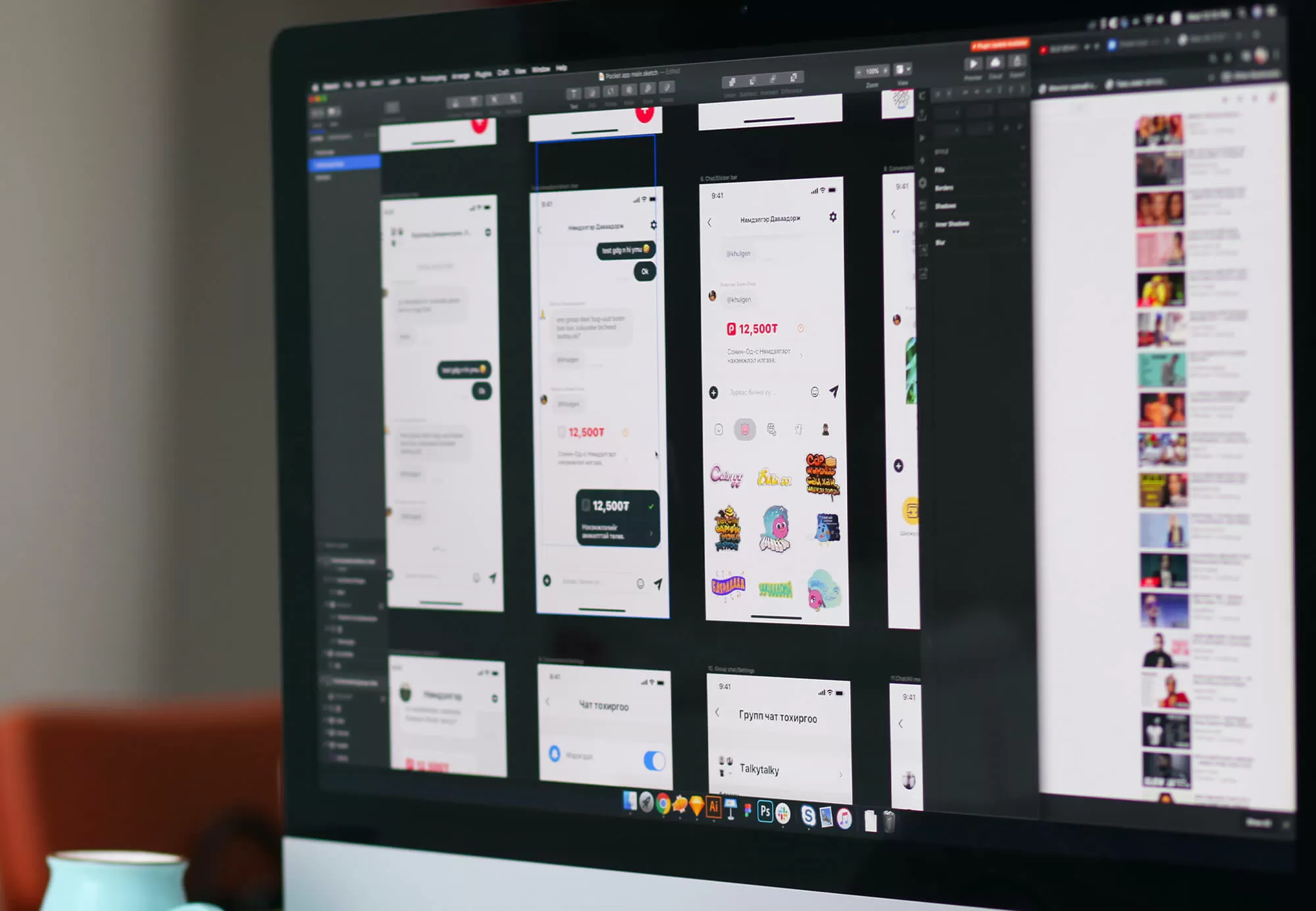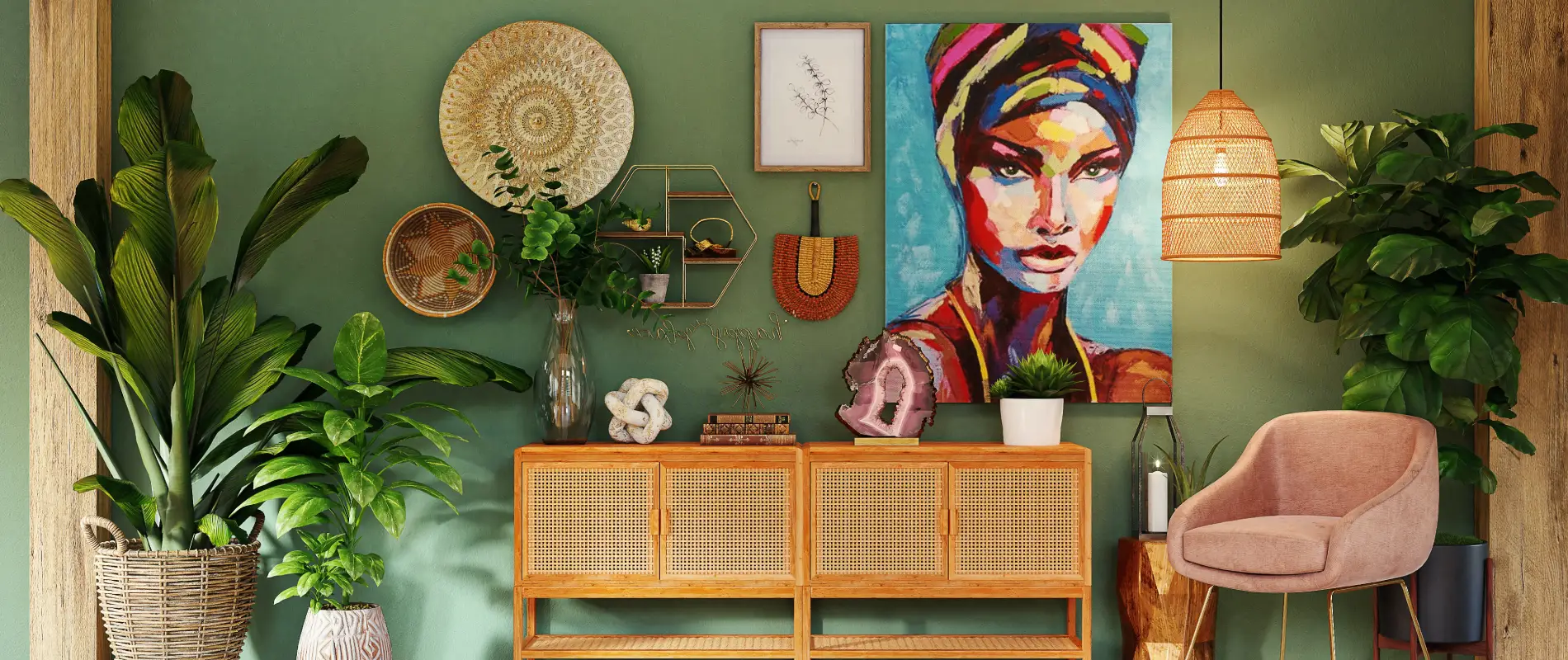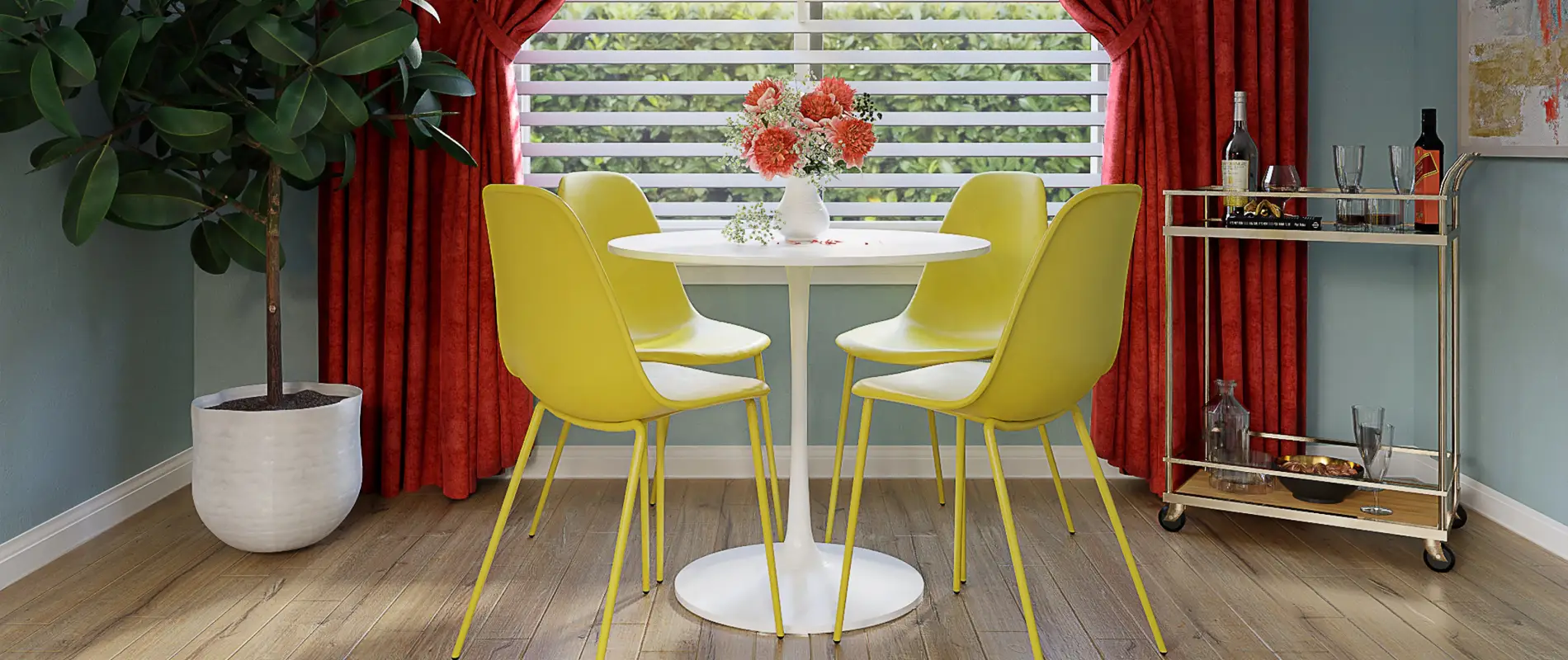Discover the power of visual engagement in your WordPress design
Imagine a design that effortlessly balances aesthetics and functionality – this is what a well-thought-out layout delivers. With a multi-column structure, content is organized into clear sections, enhancing user clarity. On the left, a single-column arrangement features four distinct blocks, each accompanied by an icon and concise text. Meanwhile, the right showcases a stunning computer screen displaying interface designs, creating a striking visual complement to your content.
1. Layout analysis
Overall structure
- The multi-column design ensures content areas are clearly separated, allowing users to navigate and absorb information easily.
Arrangement
- With service blocks on the left and a larger visual element on the right, this asymmetrical layout garners user interest.
Asymmetrical choices
- The combination of structured blocks and a large visual element creates a dynamic and engaging user experience.
2. Element and feature description
Visible elements
- Headers: Each service block has a clear heading, making navigation intuitive.
- Text Blocks: Brief, informative text provides essential details at a glance.
- Images: A captivating computer screen image showcases app designs, adding depth.
- Icons: Unique graphical icons enhance visual communication.
Interactive elements
While static, the clear structure effectively guides user engagement.
Typography
Bold headers and standard body text ensure readability and emphasis.
Graphical elements
Icons not only serve practical purposes but also enrich the page’s aesthetics.
Image characteristics
The landscape computer image stands out due to its clarity and detail, effectively showcasing applications.
3. Unique design aspects
Standout features
Modern design combines structured content with appealing imagery for an engaging user experience.
Animation/hover effects
The static layout captivates users without needing additional effects.
Responsive design
The layout adapts well to diverse screen sizes, ensuring content remains accessible and digestible.
Accessibility considerations
Icons alongside text benefit understanding, but contrast and text size need attention for optimal accessibility.
4. Overall design style
Design style categorisation
With professionalism and modernity, the design excels at clear communication.
Visual hierarchy
The layout leads users to headings and icons, while the computer image enriches context.
Use of white space
Thoughtful spacing promotes balance and reduces visual noise.
Summary
This design seamlessly blends a clean, multi-column structure with modern elements, like icons and prominent visuals, to boost user engagement. Its professional appearance and organized layout make it ideal for WordPress website users aiming to take their sites to the next level. Transform your site into an engaging, visually appealing experience today!
10 ways to organise content in WordPress
Categorize your content
Using categories helps group your content into main topics or themes, simplifying navigation for visitors searching for specific information. Consider structuring articles under categories like “WordPress Tutorials” or “Design Tips” to make it easier for readers to find related posts. This hierarchy helps search engines find and comprehend your site, possibly increasing your visibility.
Use tags effectively
Tags allow you to add more specific details to your content. Unlike categories, they provide a deeper description of individual post subjects. When used wisely, they enhance your site’s searchability. Instead of filling posts with random tags, select concise keywords that aptly summarise the core ideas, making related posts easily discoverable by your audience.
Create a sitemap
A sitemap is an XML file listing your website’s URLs, ensuring search engines like Google can find and index your pages effectively. Creating a sitemap helps improve your WordPress website’s search engine ranking. Several plugins, like Yoast SEO or Google XML Sitemaps, automate this process, ensuring your content structure stays current and easily discoverable.
Set up a menu hierarchy
Well-organised menus help guide visitors through your site and access its key sections. Arrange your main topics in a coherent manner and use drop-downs for more detailed areas. Keep your menus simple and intuitive, providing straightforward access to all areas of your WordPress website.
Implement breadcrumbs
Breadcrumbs enhance navigation by displaying users’ paths within your site, indicating their current location. These trails reduce bounce rates by offering easy access to previous pages, encouraging users to explore further. Plugins like Yoast SEO facilitate breadcrumb implementation, improving the overall user experience.
Leverage custom post types
Custom post types extend beyond the standard WordPress posts and pages, offering tailored content structures like portfolios, testimonials, or product reviews. This flexibility enhances the functionality and versatility of your site, enabling you to present information more effectively and improve your site’s overall user experience. Explore how custom post types can enrich your site.
Utilise content blocks
Blocks from [Gutenberg](https://maxiblocks.com/wordpress-websites/gutenberg-blocks/) provide flexible, modular solutions to integrate media and layout styles within pages. Incorporate key functionalities using buttons, images, and layouts, streamlining presentation and enhancing user interaction. Explore how Macro Blocks templates elevate your site with [WordPress block templates](https://maxiblocks.com/wordpress-websites/wordpress-block-templates/).
Employ pagination
Pagination divides lengthy blog posts or archives into digestible sections, boosting readability and page load speed. This technique encourages users to explore all parts of the article without overload, promoting a more satisfying reading experience, and possibly helping with SEO by increasing time visitors spend on your site.
Redirection for fixed links
Maintaining updated URLs is vital to avoid landing on non-existent pages, damaging visitor trust. WordPress plugins like Redirection manage old and changed URLs seamlessly, maintaining positive user experiences and avoiding lost site traffic. This management method ensures a smooth journey through your website.
Implement user roles and permissions
Recognise that not all contributors need the same level of access to your WordPress dashboard. By setting up distinct roles, you control who can modify, publish, or just view content, safeguarding site integrity while managing team collaboration efficiently. Understanding and using these controls can avoid content and permission errors.
10 different types of content in WordPress
Blog posts
The classic and versatile blog post is an easy way to share updates, stories, or insights with your audience. With the WordPress Editor, you can format posts with rich media such as images or videos, making them more engaging and visually appealing. Categorize your posts to make them easy to find and link them for seamless navigation.
Pages
Pages are static, timeless, and perfect for showcasing core content like your “About Us” or “Contact” page. Altering a page’s hierarchy by placing it under a parent page aids navigation. Unlike posts, pages aren’t listed by date and are useful for housing important, evergreen content your visitors can refer to anytime.
Portfolios
Portfolios present your creative work professionally and appealingly, ideal for designers, photographers, and artists. Create attractive galleries showcasing your work using plugins or native blocks, providing visitors with a strong visual impact that conveys your abilities and style.
Testimonials
Sharing customer feedback builds trust and demonstrates credibility. By incorporating a testimonial section on your site, potential customers see firsthand how past clients perceived your services, lending authentic social proof that can significantly influence decision-making.
Forums
Integrating a forum on your WordPress website invites user interaction, discussions, and community building. Using plugins like bbPress makes setting up forums easy, providing a personable space where users can exchange thoughts, ask queries, and share experiences in a structured manner.
Product listings
For e-commerce sites, product listings are essential content types, showcasing available items and driving sales. Include detailed descriptions, images, and categories that allow users to understand the product before purchasing. Effective product content encourages consumer confidence and enhances conversion rates.
Landing pages
Landing pages aid in collecting visitor information and promoting specific campaigns. Tailored to convert leads into customers, these pages combine captivating storytelling, impactful imagery, and purposeful CTAs (Calls to Action) to ensure visitor engagement drives the desired outcome.
Case studies
Case studies narrate success stories or results that highlight your expertise. These detailed accounts demonstrate how your services or products resolve customers’ challenges. An impactful case study combines client testimonials, metrics, and narratives to provide compelling evidence of competency and value.
Podcasts
Podcasts deliver content in audio forms, featuring interviews or discussions that engage listeners on various subjects. Integrating podcasts into your WordPress site attracts an audience preferring auditory learning, diversifying content consumption methods and reaching users regardless of whether they’re on the go or at home.
Video content
With people’s growing preference for visual content, incorporating videos on your WordPress site keeps it modern and engaging. From tutorials to testimonials, videos extend information beyond traditional text, delivering dynamic interactions that capture and sustain audience attention.
Conclusion
A well-structured WordPress website design with engaging content can make all the difference. By embracing these techniques, you can create a visually appealing and easy-to-navigate site that attracts and retains users. Whether you’re employing various types of content or organizing information efficiently, WordPress offers the tools needed for success. Explore free WordPress themes to give your site the perfect touch of creativity and function.




